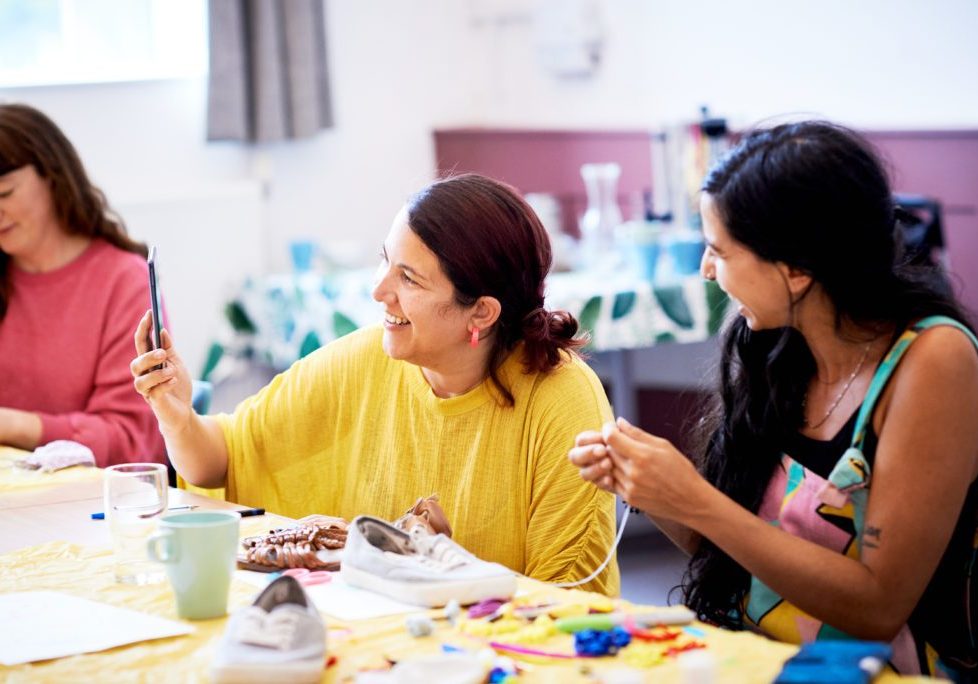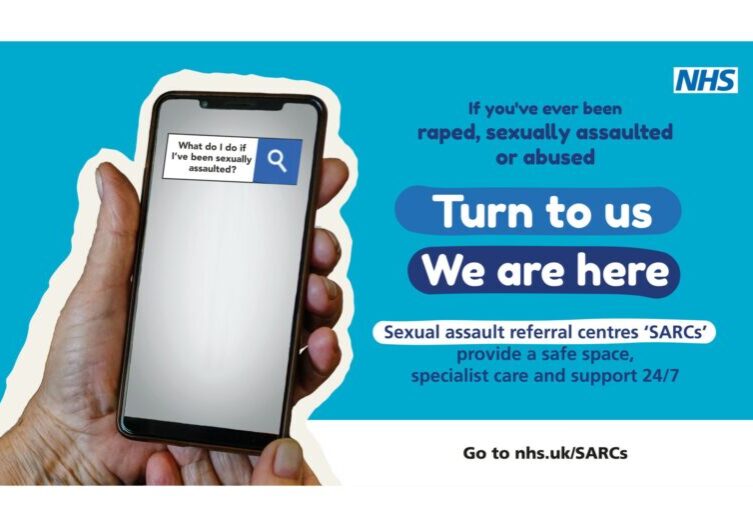
Lets Talk About Vaginismus
An often-difficult topic to discuss, but like many other topics the more we talk about them the less embarrassment they bring, and the more help and support people can access.
Due to the embarrassment many people feel around talking about vaginas and vulvas and genitals in general it is difficult to say how many people are affected by vaginismus, the rough estimate is 2 in every 1000.
Vaginal pain can be tied to shame and isolation, and this can be major factor that stops people seeking help. Vaginismus can affect your sex life, relationships, your mental health, increase anxiety, and it may be more challenging to become pregnant. Also research has often focused on cis gender women causing trans masculine people difficulties in seeking out the help and support they need.
“you are not broken and you can get help” – Guilty Feminist.
So what is Vaginismus?
Involuntary tightening of the muscles around the vagina wherever penetration is tried.
Vaginismus can happen when:
- a partner attempts penetration – (any type of penetration)
- when something is inserted for example a tampon
- where something is put near the vaginal area
- smear tests
Some causes can include but not exclusively:
- anxiety disorders and other emotional factors
- fear of sex or negative feelings about sex perhaps due to past sexual abuse or rape
- past painful penetrations during intimate relationships
- childbirth injuries or traumatic childbirth experiences
Doctors diagnose vaginismus through exam and taking a sexual history which can be very problematic due to the causes as described above so we can see why many are put off reaching out for support.
Many specialists’ sexual health clinics are in a better position to offer help and support with vaginismus, ensuring people feel supported and are as relaxed as they can be when undergoing an internal examination. It can help to go to a specialist, the skilled nurses and doctors often have different methods than your GP and are experienced in taking sexual histories. A visit to the sexual health clinic can also be anonymous.
The Outlook is Good
There are wide range of treatments available these can include:
- managing feelings around penetration
- psychosexual therapy
- CBT therapy – helps to understand your thoughts and how this effects your emotions and behaviours
- relaxation techniques (mindfulness)
- pelvic floor exercises
- sensations focusing
- vaginal dilators
- exercises to gradually get used to penetration (if that is something you are looking for there are many ways people enjoy a very satisfying intimate relationship without penetration.)
People with Vaginismus can feel out of control of their bodies and unsure how to connect the mind and body back together. Healing can be a slow and steady process, so it is important to remember you are not broken or damaged. If you can access vaginismus treatment with kind and understanding people in a supportive non-judgemental environment, then the outlook is good.
The latest from our news and blogs

Introducing our FREE ‘Drop-In & Reach Out’ support service in Bristol
This year, we were proud to launch our new, free ‘Drop In & Reach Out’ service – designed to provide accessible emotional support and wellbeing resources to people in Inner City and East Bristol.

Isabelle Smith, star of Hollyoaks: Why I’m running the Great Manchester Run for SARSAS
We’re so proud to share that Isabelle Smith, Hollyoaks star, is running the Great Manchester Run 10k this weekend in support of SARSAS!

What is a sexual assault referral centre (SARC)?
A SARC can offer free, confidential medical, practical and emotional support to people who have been raped, sexually abused or assaulted at any point in their lives. They’re usually provided by the NHS, but will always have specially trained doctors, nurses and support workers.


